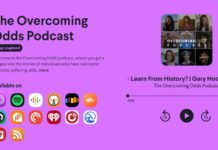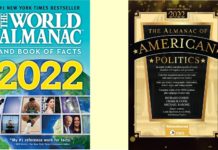|
Recently one of my friends suggested I did not need to use such enthusiastic language in my post titles – "amazing" this or "great" that. I am afraid that this excited mindset of mine has been with me for about 58 years now, and comes naturally from my father who, if anything, was a lot more enthusiastic and energetic about life than I will ever be. So you will just have to deal with it if you keep reading my posts.
Today’s heading is perhaps less hyperbole than my norm, believe it or not. Because this one book can do more for your general liberal arts education than anything else I can think of. Even if you have a great liberal arts education, this book will smoothly and engagingly take you into new turf, opening your eyes to new ideas.
The Modern Mind: An intellectual history of the 20th century by Peter Watson (HarperCollins publishers, 2001, now in paperback) will not teach you all the great stuff that happened before 1900 that you need to know about – Watson wrote another book to cover that – but it will give you the best and most concise survey of 20th century thought that I know of.
Here you will learn, from an unbiased source, not only about economist Milton Friedman and his ideas, you will learn about his arch-rival John Kenneth Galbraith; you will even learn about the great Friedrich Hayek who inspired Friedman but whose name is almost unknown outside economics today. What did sociologist Max Weber believe and how did it change our lives, culture, and thinking? What really is the story on Freud, and whether his ideas have any relevance today? Who was Wittgenstein and what was Dada? Why did the great physicist Enrico Fermi leave Europe and come to America to help build the atom bomb? What did Nietzsche really have to say (in plain English)? Is Steven Hawking really that big a deal? Do all these famous philosophers, scientists, thinkers, and academics really matter? How do they relate to my life and what I believe?
Some of you may be yawning, thinking this would either be boring or way over my head. But Watson’s pen is near magical, bringing it all together in a rousing story, telling both sides of every controversial issue that comes along.
I love this book because it is both a great read, one you can open anywhere and start learning, and a great reference book. In addition to a complete index, each key topic is printed in bold type within the text so it is super-fast to find what you are looking for.
And after you fully “digest” this book – not one you can do in 15-30 minutes using my method, more like take a lifetime – you can go onto Watson’s other great book, Ideas: The History of Thought and Invention, from Fire to Freud, also now out in paperback. These two make a wonderful and affordable set – something every educated person should have in their library.
I rate these books right up with the great books, audios, and “Connections” videos by James Burke, which I hope to review in the future. Especially if you do not usually study material like this, it is one of the most fun ways to exercise your brain, stretch and grow your vocabulary, and even enhance your party banter.
|
|











Great post! I’ll subscribe right now wth my feedreader software!
Comments are closed.